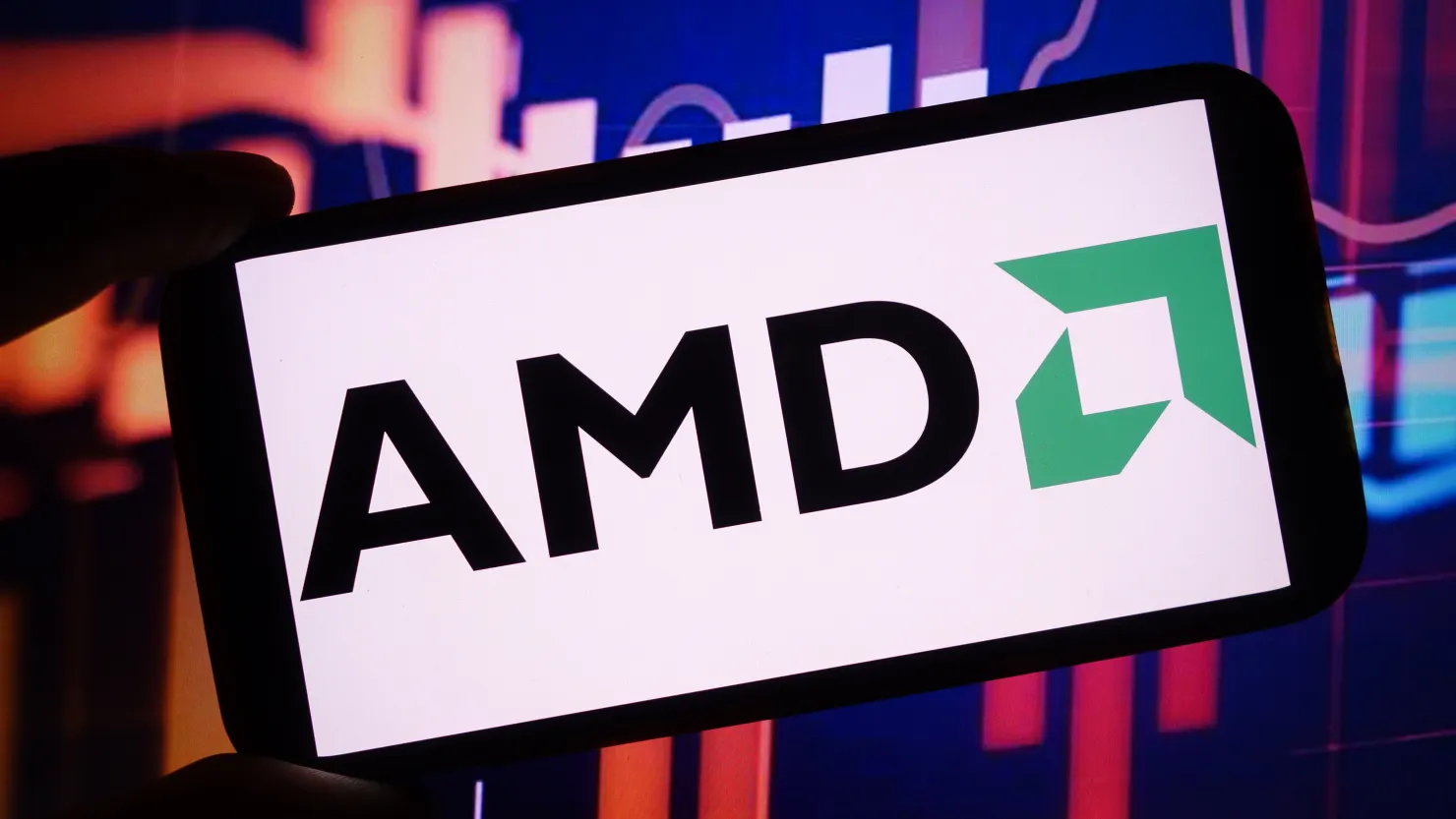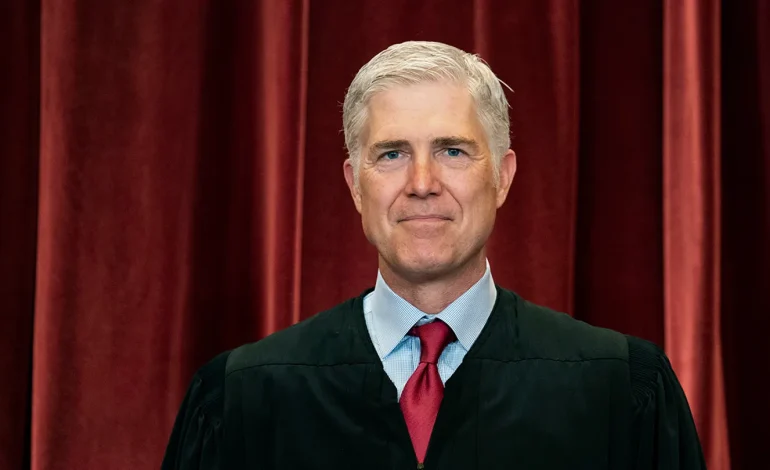Supreme Court Justice Neil Gorsuch sharply criticized a majority ruling this week that limits the U.S. Tax Court’s jurisdiction in certain Internal Revenue Service (IRS) cases, warning the decision gives the federal tax agency a “powerful new tool” to sidestep future accountability.
The case, Commissioner of Internal Revenue v. Zuch, involved taxpayer Jennifer Zuch, who disputed IRS actions related to her 2010 federal tax return. According to her claim, the IRS mistakenly applied a $50,000 payment intended for her to her then-husband’s account. The agency disagreed and attempted to recover the disputed taxes by placing a levy on her property.
After years of submitting tax returns with overpayments—each of which the IRS applied to her 2010 balance—Zuch eventually settled her debt. Once her liability hit zero, the IRS lifted the levy and then moved to dismiss her case, arguing that the Tax Court no longer had jurisdiction. The court agreed, and the Supreme Court upheld that decision.
In the majority opinion, the justices concluded:
“Because there was no longer a proposed levy, the Tax Court properly concluded that it lacked jurisdiction to resolve questions about Zuch’s disputed tax liability.”
Justice Gorsuch dissented, expressing deep concern that the ruling could create a dangerous precedent.
“Along the way, the Court’s decision hands the IRS a powerful new tool to avoid accountability for its mistakes in future cases like this one,” he wrote.
He argued that the IRS could now unilaterally end judicial review of taxpayer claims simply by lifting a levy, even if the underlying tax dispute remains unresolved.
With input from Fox News










The latest news in your social feeds
Subscribe to our social media platforms to stay tuned